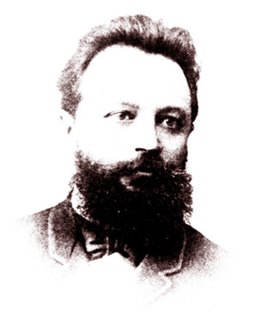A Quote by Pauline Oliveros
Working in theoretical systems can take away the juice. It can also be very beautiful, but when you're trying to satisfy a theoretical principle rather than a sonic reality, then it can become dry.
Related Quotes
A second possible approach to general systems theory is through the arrangement of theoretical systems and constructs in a hierarchy of complexity, roughly corresponding to the complexity of the "individuals" of the various empirical fields... leading towards a "system of systems." [...] I suggest below a possible arrangement of "levels" of theoretical discourse...(vi) [...] the "animal" level, characterized by increased mobility, teleological behavior and self-awareness...
One advantage of exhibiting a hierarchy of systems in this way is that it gives us some idea of the present gaps in both theoretical and empirical knowledge. Adequate theoretical models extend up to about the fourth level, and not much beyond. Empirical knowledge is deficient at practically all levels.
What if life after death is all based within memory: you die, and you don't ascend on a bed of clouds to Jesus, but your brain has a terrain that it can use to propel itself further. It's more of a theoretical afterlife. If that's true, all of these theoretical afterlives of people could potentially interact or network. That space seems way more powerful and exciting than reality. This potential boundlessness is more of what god is to me.
The fear of speculation, the ostensible rush from the theoretical to the practical, brings about the same shallowness in action that it does in knowledge. It is by studying a strictly theoretical philosophy that we become most acquainted with Ideas, and only Ideas provide action with vigour and ethical meaning.
I recognize that many physicists are smarter than I am-most of them theoretical physicists. A lot of smart people have gone into theoretical physics, therefore the field is extremely competitive. I console myself with the thought that although they may be smarter and may be deeper thinkers than I am, I have broader interests than they have.
I think our science is a marvelous tool. Of course it has its politics, its failings, its mistakes, like all other human endeavors, but I think the methodology of our science - using it to postulate and to use the proper approach of creating falsifiable hypotheses and then testing them to see if they ring true, and then progressing by finding the anomalies to our theoretical structure, and then improving our theoretical structure to take care and test the anomalies - is the way to go, because that helps us discover what the universe.is all about and our relationship to it.
I think one of the things we learned from the physicists and also the theoretical biologists is the idea that when you're dealing with very complex systems you're going to get a large variety of behavior which can be interpreted as hill climbing, but hill climbing with a lot of modifications, hill climbing with big jumps occasionally.







































